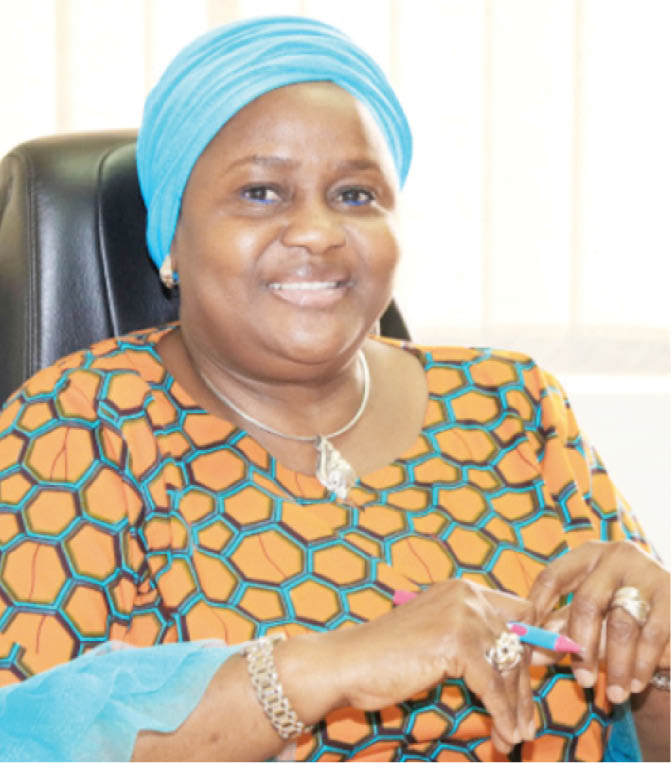The Director General of the National Pension Commission (PenCom), Mrs Aisha Dahir-Umar, has said the revolution Nigeria has recorded in its pension industry cannot be reversed despite the various challenges and ongoing pushbacks.
In her groundbreaking book entitled, ‘Fighting for the Future: Nigeria’s Pension Reform Journey’, which can now be downloaded free from the PenCom website, Dahir-Umar provided the first authoritative account of the history of Nigeria’s pension reform which was launched by former President Olusegun Obasanjo with the introduction of the Contributory Pension Scheme (CPS) in 2004.
The book, published by Cable Books, an imprint of Cable Newspapers Ltd, provides an in-depth analysis of the intricate landscape of pension reform in Nigeria and offers invaluable insights into the nation’s evolving pension system.
“Nigeria’s pension reform can be summarised in two stats. One, in July 2004 when the reform was kick-started, the national pension deficit was N2.4 trillion. Two, by February 2023, accumulated pension assets had grown to N15.45 trillion. It was miserably in the red and now abundantly in the black. That is the Nigerian pension revolution in summary.
- Privatise Kaduna, Port Harcourt, Warri refineries, Niger senator urges FG
- Arsenal beat Man City in Premier League for first time since 2015
“In the history of economic reforms in Nigeria, pension easily ranks among the most definitive and successful. It has opened up a new economy, creating a cluster value chain, expanding the financial markets and providing funding for infrastructural development. Only the telecoms reform can lay claim to producing more results during the same period,” she said.
She argued that the success of pension reform in Nigeria was an indication that the country had the capacity for change contrary to popular notions.
“Less than 20 years after the landmark pension reform, the success stories are phenomenal, putting a lie to the notion that it is impossible to make a fundamental policy change in Nigeria. All it takes to achieve success is the formulation of feasible policies and the fidelity to implementation by the relevant institutions.
“Compared to the previous pension system when pensioners went through an unpleasant experience while trying to claim their entitlements, the turnaround is worth celebrating and, most importantly, sustaining,” she further explained.
In his foreword to the book, Malam Muhammad K. Ahmad, the pioneer DG and CEO of PenCom in 2004, writes: “I consider this book to be an informative, educative and honest account of the evolution of pensions in Nigeria and I have no doubt that every reader will find it valuable and highly insightful as well.”

 Join Daily Trust WhatsApp Community For Quick Access To News and Happenings Around You.
Join Daily Trust WhatsApp Community For Quick Access To News and Happenings Around You.


